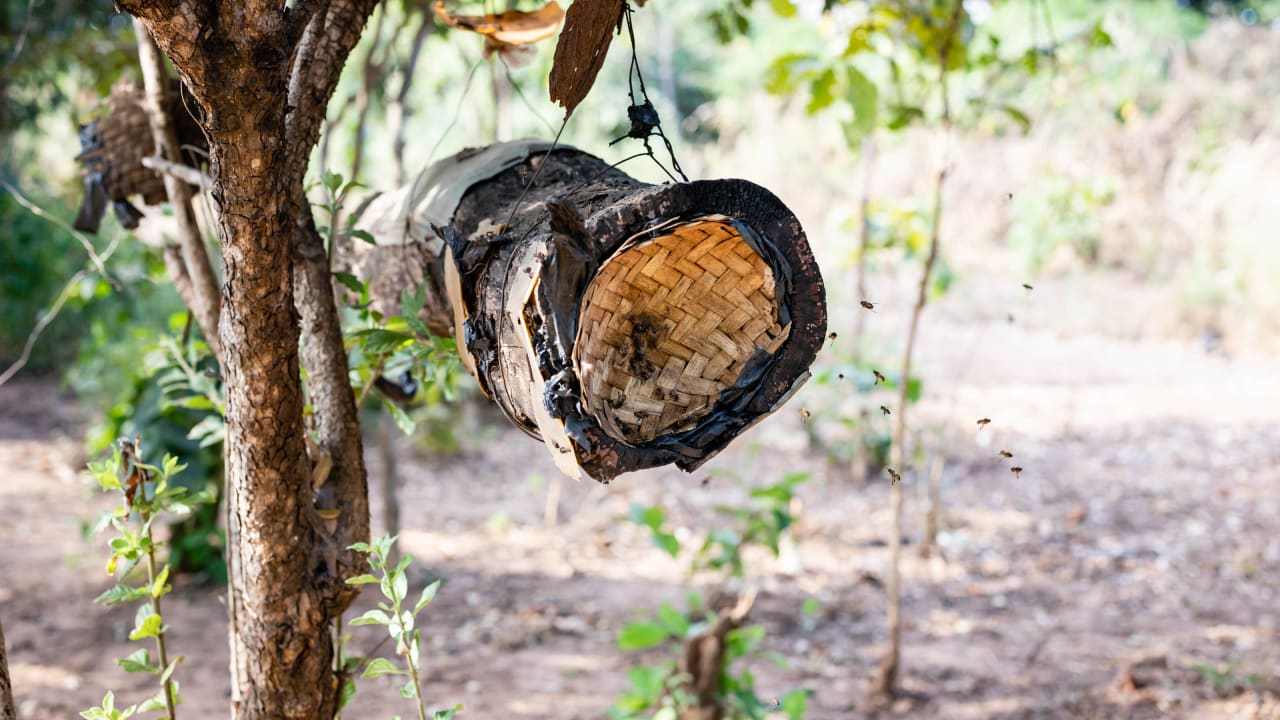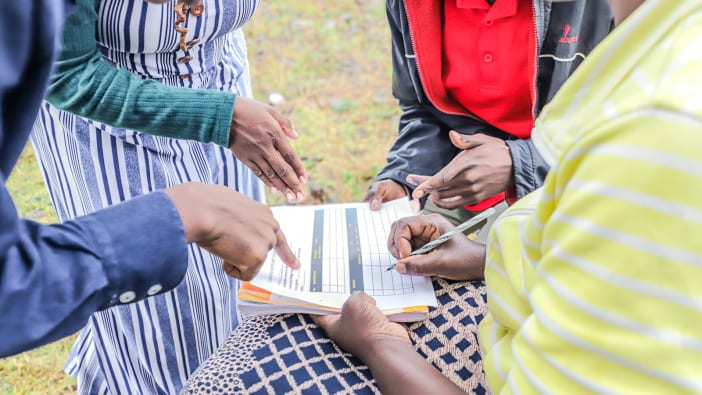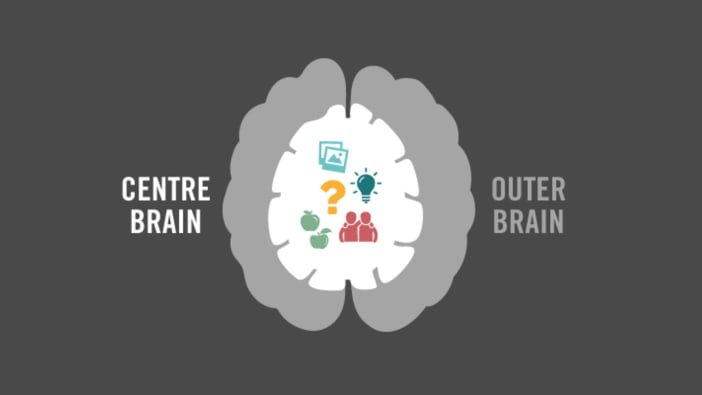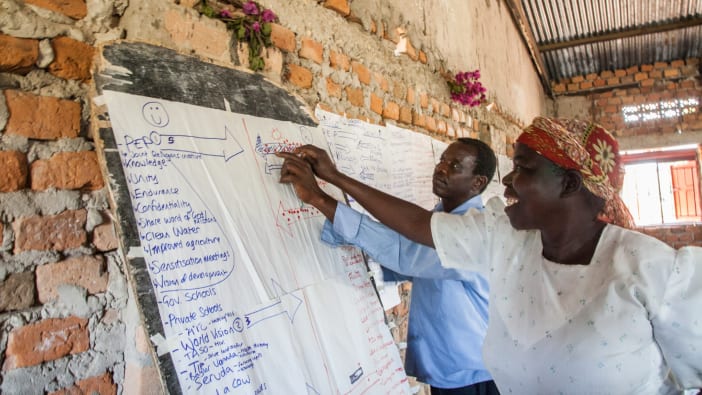by Chiku Malunga.
This article introduces ‘the Beehive Model’ of team building. It compares the work of teams with the way bees behave in a hive. It may help to raise awareness and understanding within organisations and community groups about the importance of using teams and of what makes a successful team. It may also provide ideas for looking at how existing teams perform.
What do we mean by teams? They are usually groups of between four to twelve people who meet together over time and solve problems together. Teams may help to:
- cope with complicated situations because of their members’ varied experiences bring rapid responses maintain high motivation by valuing each individual member ensure high quality decisions.









